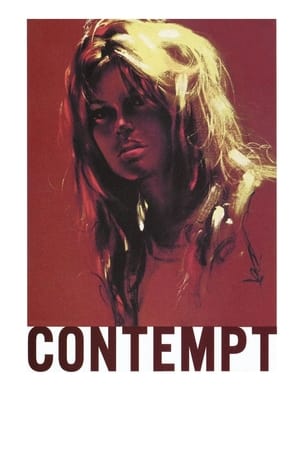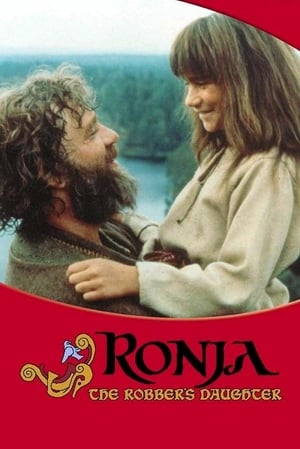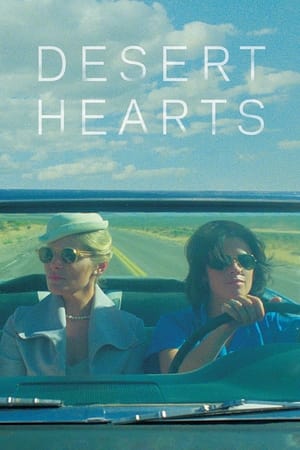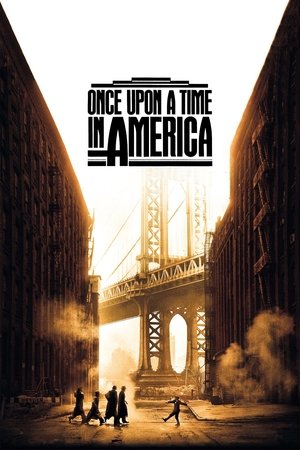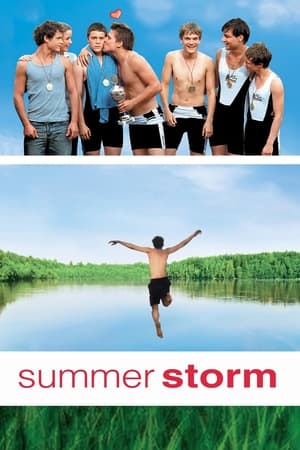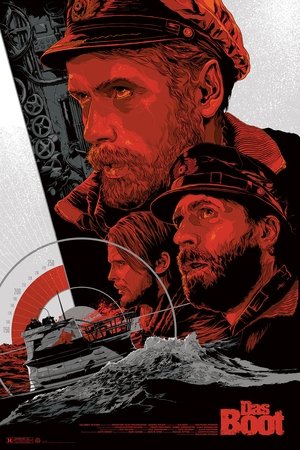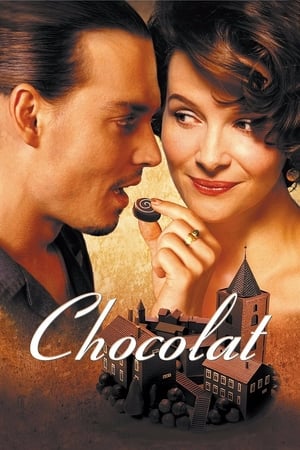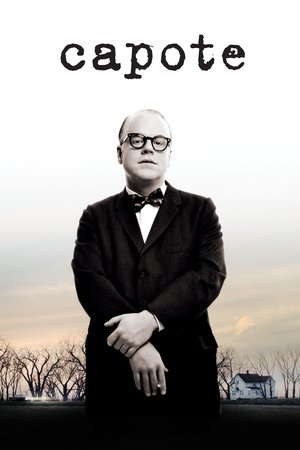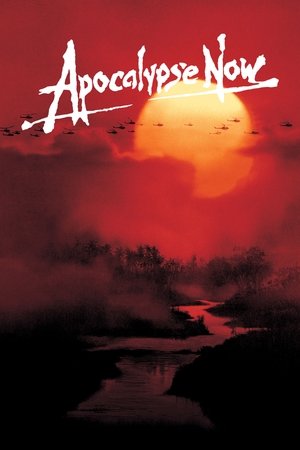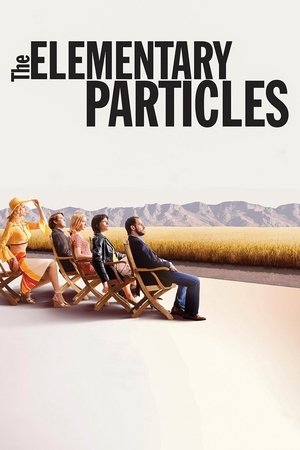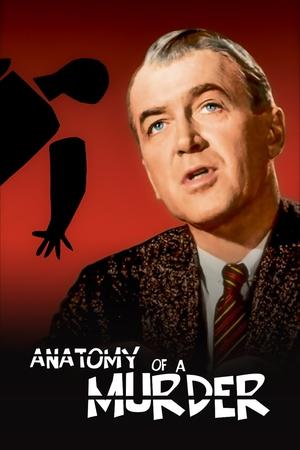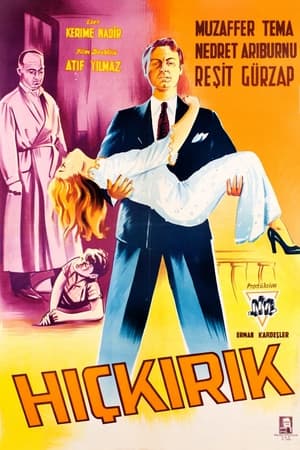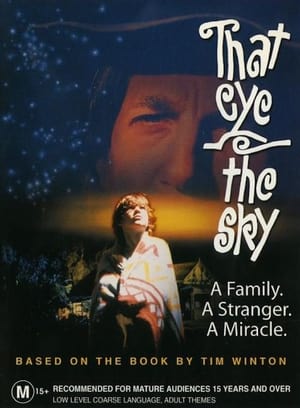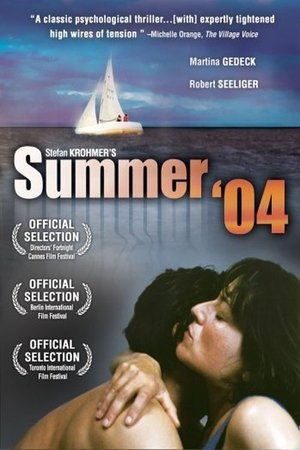Overview
Gus is a seven-year-old uncle who struggles with the responsibility placed upon him when his nephew Tom comes to spend the summer holidays with his family.
Reviews
Sensitive and exhilerating look at innocence of childhood, without the weighty psychology usual attached to such films. The biggest problem young Duncan has is being an uncle to Arliss, a boy of the same age. The other kids taunt him endlessly about this, even though there is nothing bad about this. It is just something to single him out. One of the best features of the picture is that despite the taunts and having to put up with the rambunctious Arliss, the next day any disagreements are forgotten and they all play together without any memory of what went before. The boy does have some pensive moments, visiting general store owner Denham, who he calls his best friend, acquiring a budgie as a companion. Mostly it is about the endless summers that kids went through, the wild games and exhaustive ways they found to be active, without a care for the adult world that looms far in their future. Shot in Plymouth.
There's something really quite authentic about the efforts here from "Gus" (Robert Duncan) and his nephew "Tom" (Christoper Ariss). "Gus" is but seven years old, and "Tom" the young son of his elder sister. When the younger lad comes to live with them for the holidays, and attends the same school, it causes quite some upset for the boys and proves a cause of merriment for their teasing contemporaries who rapidly manage to imbue the word "uncle" with some pretty nasty and mischievous connotations - egged on by a manipulative "Jamie" (John Moulder-Brown). It's probably twenty minutes too long, this film, but it is still quite an effective observation of just how children interact with each other. Some are kind and friendly; others knowingly provocative and cruel, others completely indifferent. Many are fickle and most unaware of the implications of their teasing and taunting. The two boys deliver their characters engagingly as we observe a few weeks of a process called "growing up" and they are well supported by the grown ups - Rupert Davies, Brenda Bruce and the sister/mother role of Ann Lynn. Every parent has their own way of rearing their child - this is quite an interesting look at how they, and their children's behaviour, contrast.

 87 min
87 min
 6.8
6.8
 1964
1964
 United Kingdom
United Kingdom
 dennyjt wrote:
dennyjt wrote: